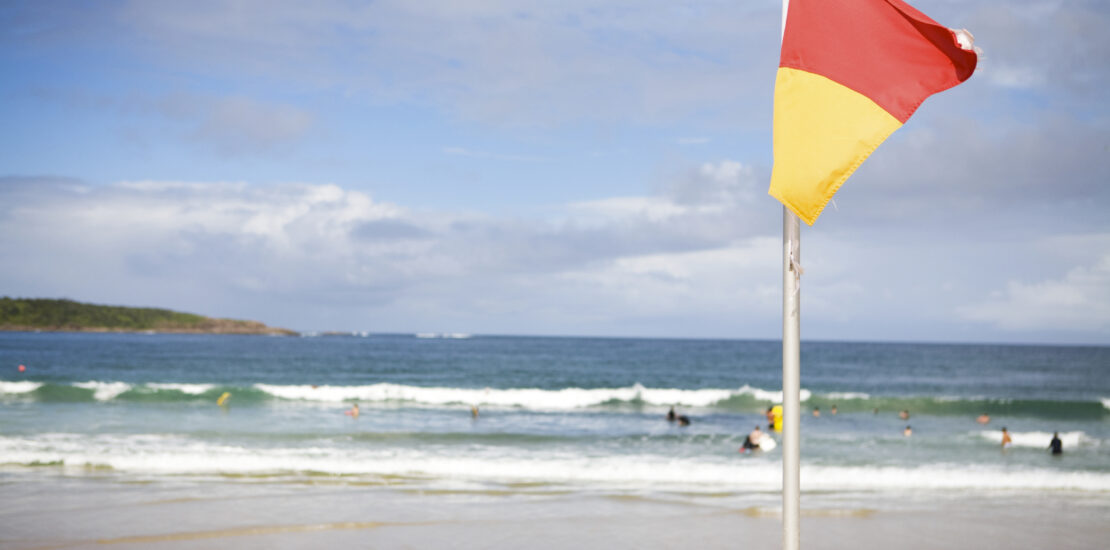- February 8, 2025
- Posted by: swimlyadn1m
- Category: Swimly Blog

Australia’s beaches are some of the most beautiful in the world, yet despite decades of water safety campaigns, drowning deaths remain alarmingly high. This summer alone, at least 55 people have lost their lives in Australian waters. These tragedies highlight the urgent need to rethink how we educate people about water safety and survival skills.
Why Are Drownings Still Happening?
Despite well-known campaigns urging people to “swim between the flags” and “float to survive,” many still take unnecessary risks. Research shows that most drownings involve men, often in unpatrolled areas. While traditional messaging has helped some, it’s clear we need new approaches to make an impact.
Jason Cram, Head Coach at Swimly and former Australian swimming champion, believes the problem lies not just in awareness but in a lack of real water competence.
“Beach safety isn’t just about knowing the rules; it’s about having the skills to handle the ocean’s unpredictability. Too many people overestimate their swimming ability in open water. The ocean is not a pool—it moves, it changes, and it doesn’t give second chances.” – Jason Cram
A Shift from Awareness to Action
At Swimly, we believe in practical education over passive awareness. Understanding rips, learning survival techniques, and improving water confidence should be active learning experiences, not just posters and ads.
Here’s how we’re working to be part of the solution:
✅ Survival-Focused Swim Training: We teach real-world survival skills, not just lap swimming. This includes floating techniques, breathing control, and recognising dangerous conditions.
✅ Open Water Confidence Workshops: We provide ocean swimming sessions that simulate real conditions, helping swimmers understand how to navigate waves, currents, and fatigue.
✅ A Different Approach to Messaging: Instead of repeating the same safety slogans, we create relatable, experience-driven content on social media that speaks directly to those at risk.
“We need to make ocean survival skills as common as learning to ride a bike. It’s a skill for life, and it should start with education tailored to all ages and abilities.” – Jason Cram
How You Can Stay Safe This Summer
1️⃣ Assess your skill level honestly – If you’re not comfortable in open water, get professional guidance before venturing beyond waist depth.
2️⃣ Learn to identify rips – They don’t always look obvious. If unsure, ask a lifeguard or stay within patrolled zones.
3️⃣ Practice floating and breath control – If caught in a rip, staying calm and floating can save your life.
4️⃣ Never swim alone – Conditions can change fast. A buddy system adds an extra layer of safety.
5️⃣ Join a water safety session – Get hands-on experience in a controlled environment before facing the real thing.
Final Thoughts from Jason
“We can’t afford to rely on outdated safety messaging and expect different results. The ocean doesn’t care how strong you are—it demands respect. That respect comes from real knowledge and real skills, not just warnings.”
At Swimly, we are dedicated to helping more Australians build genuine water confidence—so they don’t just survive the ocean, but thrive in it.
Want to improve your open water skills? Join us for a session and become water-ready, not just water-aware. 🌊🏊♂️

